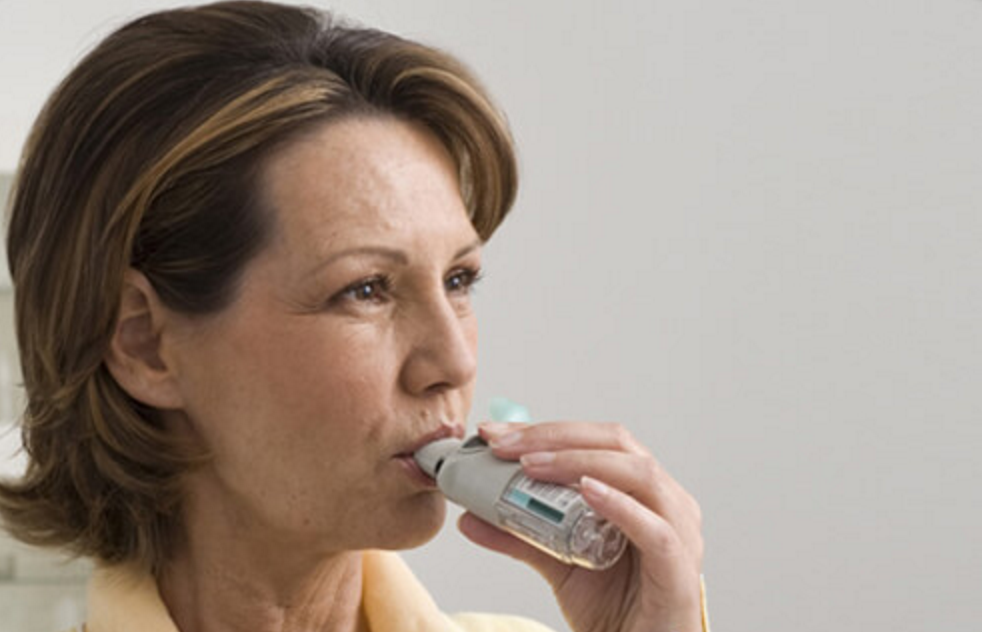Emphysema is part of a group of diseases that affect the body’s respiratory system, called COPD, or chronic obstructive pulmonary disease. This is a degenerative disease that destroys the air sacs, reducing overall lung capacity. Cigarette smoke is the biggest producer of emphysema in the country.
Impacts of Emphysema
Patients who have emphysema feel as though they need to breathe harder to do the same physical activities as they used to enjoy years ago. This is because emphysema weakens the walls of the alveoli, causing them to break, which reduces the overall surface space that air comes into contact with. So, while the size of a breath is the same, the amount of oxygen transferred to the blood is not.
This is what makes emphysema so dangerous, because the symptoms aren’t so obvious as asthma, for example. And because most smokers end up getting emphysema, their common symptoms like shortness of breath will be marginalized as something that is normal for those who smoke. Eventually, though, emphysema progresses to the point where normal day-to-day activities leave you tired and out of breath. This is normally when people start to go see their doctor.
Later Stages of Symptoms
If you missed the early warning signs, you might start to see the symptoms of emphysema show up, but never leave, such as: having to rest in-between just a few flights of stairs, fingers and lips turn darker after exercise, absentmindedness, and etc.
Main Causes
Again, cigarette smoke is the leading cause for emphysema, which may come as to no one’s surprise that other airborne pollutants are also big contributors. Constant exposure to industrial cleaners, fumes from industrial warehouses, asbestos, and ashes are some other big contributors. Emphysema can be genetic, but its occurrence is extremely rare.
Treatments
There is no cure for emphysema, which is why it is so important to get diagnosed before the damage has been done. There are treatments that can improve your condition and keep the disease from worsening, though. Here are a handful of the most common medications.
Bronchodilators are most commonly prescribed to asthma patients, but they can help emphysema sufferers, too, when they are in a situation where their breathing is irregular and they can’t get enough oxygen. Corticosteroid inhalers are another alternative, but are only prescribed in the most advanced patients.
Oxygen tanks may be recommended for those who either need help getting proper oxygen while exercising or as a full-time companion for those in the late stages of the disease and are at risk by themselves. Surgery is the ideal treatment option for those with severe emphysema, which can either be in the form of lung volume reduction; where doctors can eliminate the diseased portions of the lung, allowing for the body to replace the area with healthy lung tissue; or through an entire lung transplant.
Respiratory Therapy
The human body is resilient and pulmonary rehab treatment is one example of how we can adapt through handicaps and hardships, despite there being no cure. These therapy sessions help you increase your breathing efficiency when under stress.
DISCLAIMER: The medical information on this site is provided as an information resource only, and is not to be used or relied on for any diagnostic or treatment purposes. This information is not intended to be patient education, does not create any patient-physician relationship, and should not be used as a substitute for professional diagnosis and treatment.


